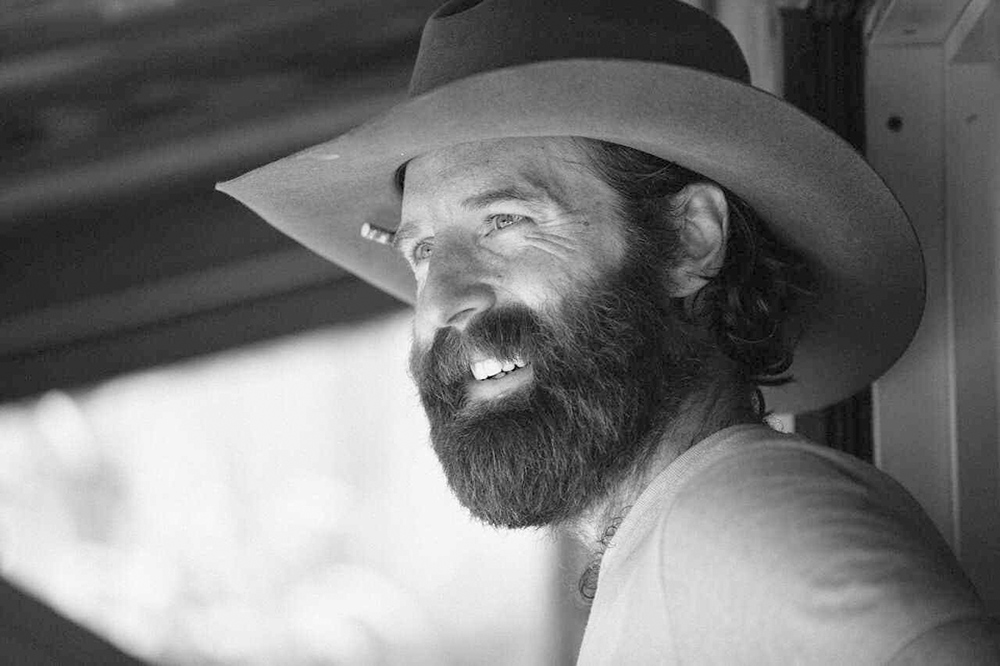By SEAN DIETRICH
A potluck. A little church in the sticks. There were maybe 50 people at the covered-dish social.
Attendees were of all ages. All classes. They represented all creeds, income brackets and SEC football allegiances.
The casserole dishes were steaming, aligned on red-and-white gingham tablecloths. The dessert table was about to buckle from the combined weight of so many refined carbohydrates. The tea was sweet enough to power a residential lawn mower.
Before anyone ate, the old preacher shuffled to the center of the room and called for everyone’s attention. He walked with a pronounced limp. His face was half paralyzed.
The room fell silent.
When the old man spoke, few could understand his slurred words and thick tongue. It almost sounded like the old pulpiteer had been drinking. But liquor wasn’t the culprit here. It was thrombosis.
After his recent stroke, the old man’s small motor functions have been inhibited. This affected his speech. Which is why he no longer preaches or prays publicly anymore. Nobody can understand him.
But the old man still attends church here. Every Sunday. He is supportive and enthusiastic about the church’s new preacher. He still comes to every social event. He can still eat his weight in squash casserole.
And he can still write.
Which he does. Every day. And sometimes he writes out his prayers for others to read aloud. Like the one he wrote this afternoon.
Everyone bowed heads and joined hands to form a human chain. Some closed their eyes. Some didn’t.
A gaggle of children walked forward, gathering around the old man before the prayer. They were kids of all ages. Big and small. They all held index cards.
Visitors were wondering what was happening here. What were all these kids doing before the prayer?
The old man hoisted a little girl onto his hip. He gave her the go-ahead, and she began to read aloud from her index card.
“Dear God,” the girl recited slowly and carefully. “Thank you for your goodness, and for the food you have graciously given.”
She paused and pronounced a few words privately before reading the next line.
“Please,” she went on, “be with the hurting people in Chicago, and with the families who lost loved ones in the mass shooting yesterday. Help us, God.”
Another little boy spoke. He, too, read aloud from the notecard.
“Be with all the moms and dads and the kids. Help the injured. Help the policemen and all the doctors.”
Another kid said, “Please wrap your arms around all the suffering families, and wipe away tears. Hold them, each one, like a mama holds a baby.”
A teenage girl with dental braces recited from her card.
“And may this tragedy motivate us to show more love to others, and to help all people however we can. Even the people we don’t like.”
The girl finished reading and looked to the old preacher for approval. The old man gave her a smile and a thumbs up.
The next kid to read was a redhead, God love him. His face had so many freckles it looked like someone had rolled him in paprika. “Teach us to be kind, God.”
A girl with pigtails. “Help us to be gentle and humble of heart.”
Another child. “And to listen more than we talk.”
And another. “Show us how to listen to our moms and dads. And sometimes, help our moms and dads to be open enough to learn from us, too.”
“Please help us to strive for peace, not victory,” said a kid. “And help us to never be selfish or proud, or foolish enough to believe we alone have all the answers.”
Said a boy wearing a WWE wrestling T-shirt, “Thank you for this delicious food, and thank you for the hands that prepared it, thank you for this beautiful day. Thank you for our lives.”
A girl wearing an electronic surgical implant behind her ear went next.
“You are a really good God, even when we are not really good people. Help us to treat our friends, our family and most of all, our enemies, with respect and generosity. Show us how to love.”
A 4-year-old girl with her hair in ribbons practically shouted her line.
“And all God’s people said?”
Well. You know the rest.

